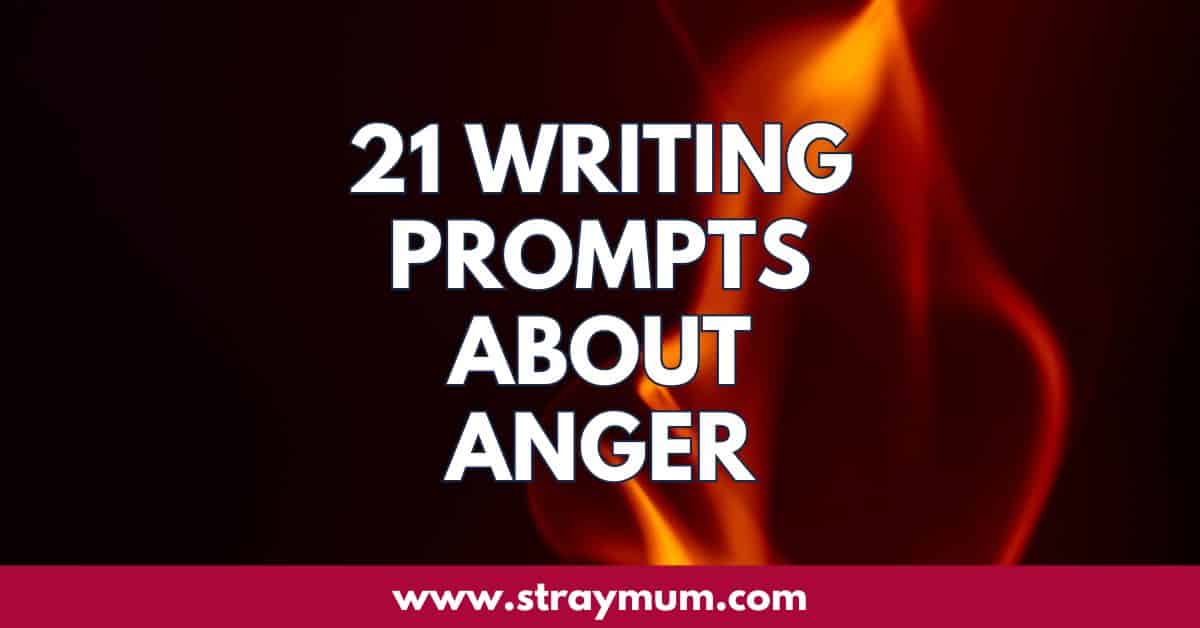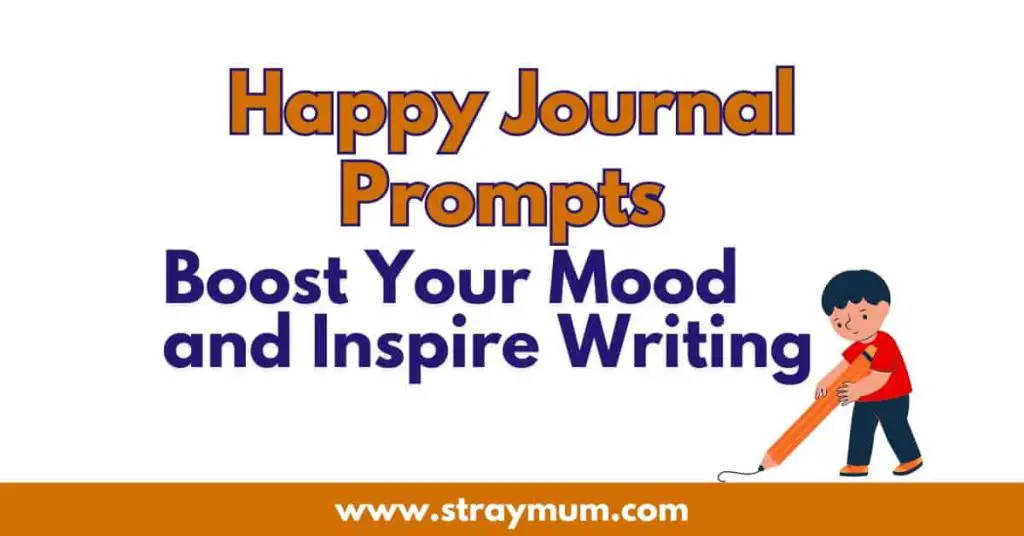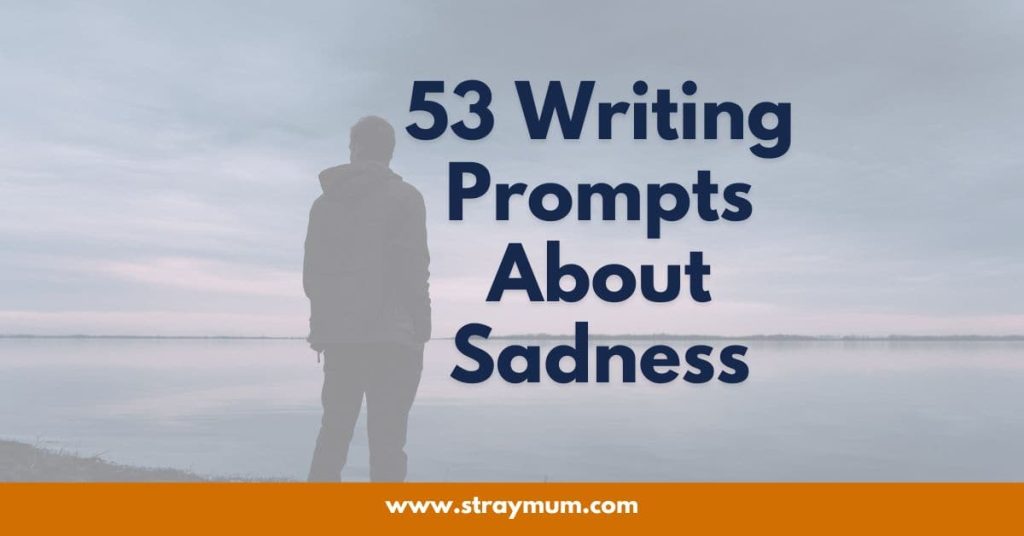From Fury to Freedom: 21 Writing Prompts About Anger

Anger is a natural and powerful emotion that everyone experiences at some point. It can arise from frustration, injustice, or even personal struggles. Writing can be a helpful way to process and release this emotion. When we put our feelings on paper, we often gain clarity, understanding, and a sense of relief. In this post, we’ve gathered a series of writing prompts about anger designed to help you explore and express this emotion creatively. Whether you’re a writer, a student, or someone looking to reflect, these prompts can guide you through the experience of anger, providing a safe and constructive outlet.
1. Describe a Time You Felt Completely Furious
Write about a situation where you were overcome with anger. What triggered the emotion, and how did you react? Explore the physical sensations you felt—did your heart race? Did you feel hot or tense? Reflect on the aftermath: How did you manage or resolve the anger?
2. Write a Letter to Your Anger
Imagine your anger is a person and write a letter to it. What would you say? Would you express your frustration or try to reason with it? Consider whether your anger is a temporary feeling or something that has been building up over time.
3. Anger as a Storm
Write a piece where anger is personified as a storm. How does it rise? How does it affect everything in its path? Is it destructive or does it eventually pass? What happens when the storm clears?
4. The Benefits of Anger
Most of the time, anger is seen as negative. However, it can also serve a purpose. Write about how anger has motivated you to take action, set boundaries, or make important changes in your life. Can anger be a force for good?
5. A Conversation with Anger
Imagine sitting down and having a conversation with your anger. What would it say about itself? How would it justify its existence? Would you agree or disagree with what your anger tells you? How can you learn from this emotion?
6. The Anger of a Character
Create a fictional character who is struggling with anger. What are the reasons behind their frustration? How does their anger influence their relationships, actions, and decisions? Explore how they try to cope with or resolve their feelings.
7. Anger in Nature
Use nature as a metaphor for anger. Describe a natural scene, such as a wildfire, a thunderstorm, or a raging river, and relate it to the feeling of anger. What does this metaphor teach us about the emotion itself?
8. Releasing Your Anger
Write about how you could safely release your anger. Do you scream into a pillow, take a walk, or do something physical to let it out? Explore ways of letting go of this emotion in a healthy, productive way.
9. Anger’s Legacy
How does anger leave a mark on you? Reflect on a time when you held on to anger for too long. How did it affect your well-being, relationships, or decisions? Would you handle the situation differently now, and why?
10. Anger and Forgiveness
Write about a situation where you were angry, but eventually forgave someone. What was the turning point that helped you release the anger? How did forgiveness change your feelings? Can forgiveness co-exist with anger?
11. Anger as a Catalyst for Change
Think of a moment when anger pushed you to make a significant change in your life. Write about the event that sparked this change and how anger led to a positive outcome. Did it push you to speak out, stand up for yourself, or make a tough decision?
12. Anger and Its Mask
Often, anger masks other emotions, such as sadness or fear. Reflect on a time when you felt angry but later realised that there was another emotion beneath the surface. What was that emotion? How did you come to understand it?
13. A Poem About Anger
Write a poem that captures the essence of anger. Use vivid, powerful language to express the intensity of the emotion. Explore both the feeling and the impact of anger, from the initial spark to the eventual calm.
14. Anger Through a Child’s Eyes
Think about how a child might experience and express anger. Write from the perspective of a child who is frustrated or upset. What might seem trivial to an adult could feel overwhelming to a child. How do they express themselves when angry?
15. Anger and Compassion
Write about a situation where you were able to recognise your anger and choose compassion instead. How did you shift your mindset? What did you learn from the experience of moving from anger to understanding?
16. The Root of Your Anger
Reflect on a time when you felt particularly angry. What was the underlying cause of your anger? Was it something specific or a build-up of smaller frustrations? Explore how identifying the root of your anger might help you manage it better in the future.
17. Anger and Self-Control
Write about a time when you were able to control your anger in a difficult situation. What strategies or tools helped you remain calm? Did you find it easy or challenging to hold back your emotions? How did the situation change as a result of your self-control?
18. Anger in Relationships
Think about a time when anger affected a relationship you value, whether it was with a partner, friend, or family member. How did the anger shape the way you communicated? What was the resolution, and how did it impact your bond with the other person?
19. Anger as Empowerment
Sometimes, anger can empower us to take action and stand up for ourselves or others. Write about a time when your anger motivated you to act in a powerful way, whether it was speaking out, defending someone, or asserting your boundaries.
20. The Aftermath of Anger
After a moment of intense anger, we often experience a range of emotions. Write about the emotional aftermath of an angry outburst. How did you feel once the anger subsided? Did you experience regret, relief, or something else? How did you reconcile those feelings?
21. The Soundtrack of Your Anger
Imagine if anger had a soundtrack—what would it sound like? Write about what kind of music or sounds would accompany the feeling of intense frustration. Does the sound reflect the chaos, the intensity, or the eventual calm that follows?
Anger is a powerful emotion, but through writing, it can become a valuable tool for self-reflection and personal growth. By exploring and expressing our anger on paper, we create an opportunity for healing and understanding. These prompts encourage you to look at anger from different angles, whether it’s through personal experiences, fictional characters, or even nature. The next time you feel anger rising within you, consider using one of these prompts to help process and reflect on your emotions. Writing can help transform anger into a source of insight, creativity, and positive change.


